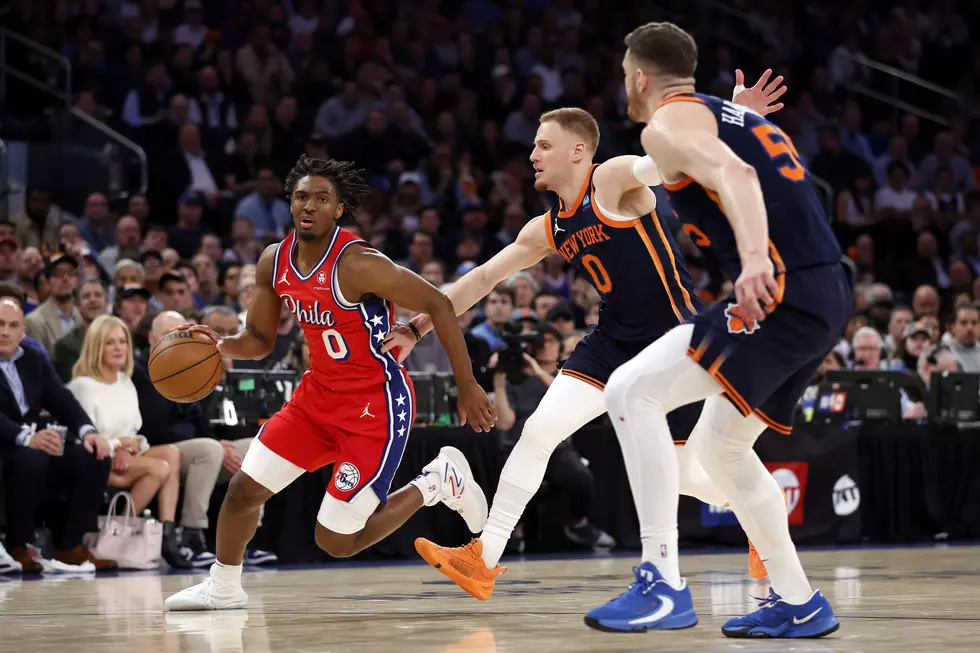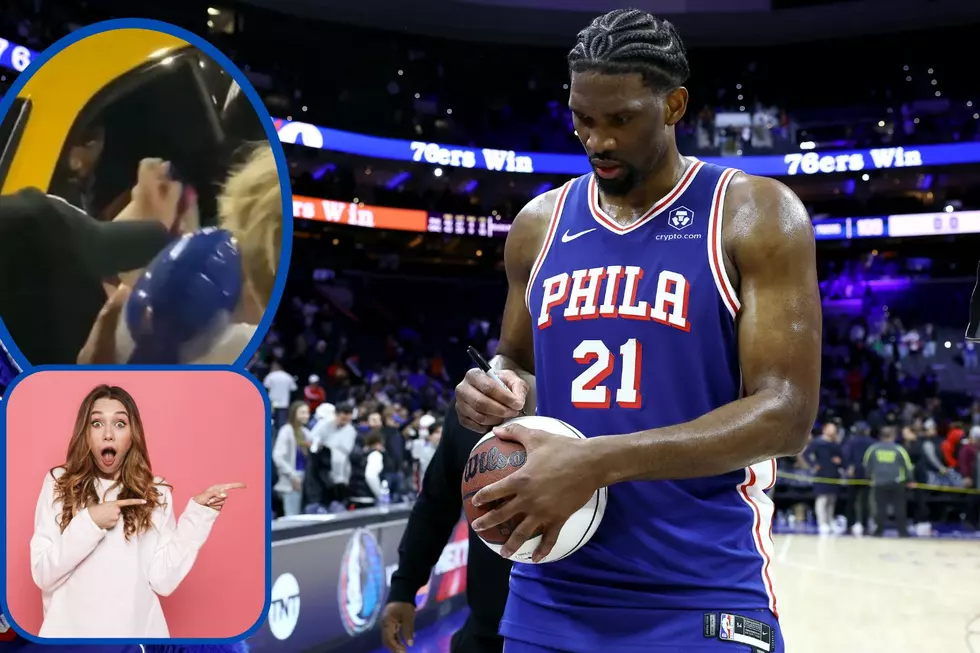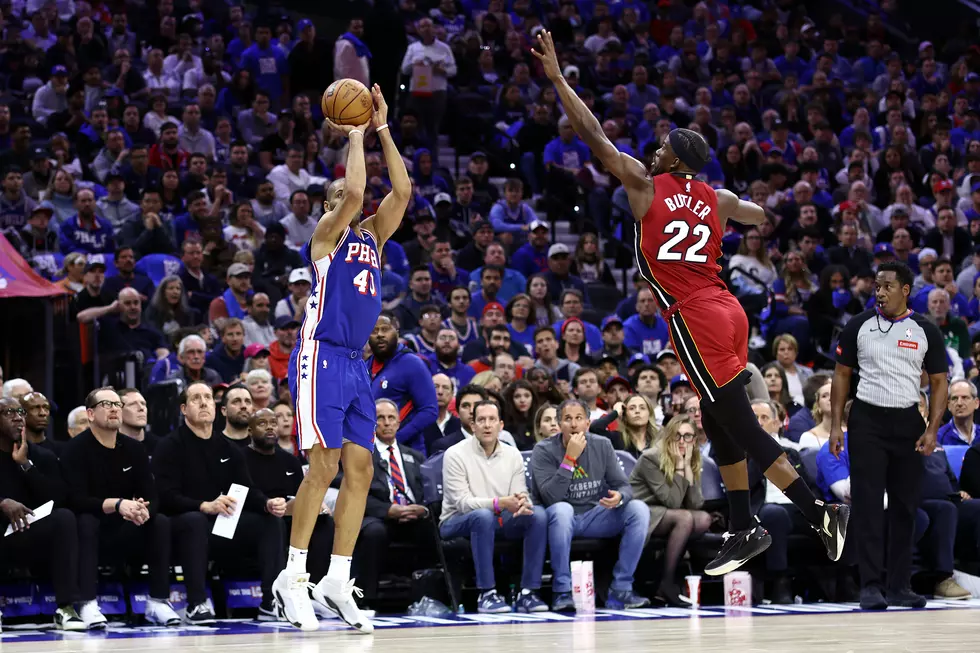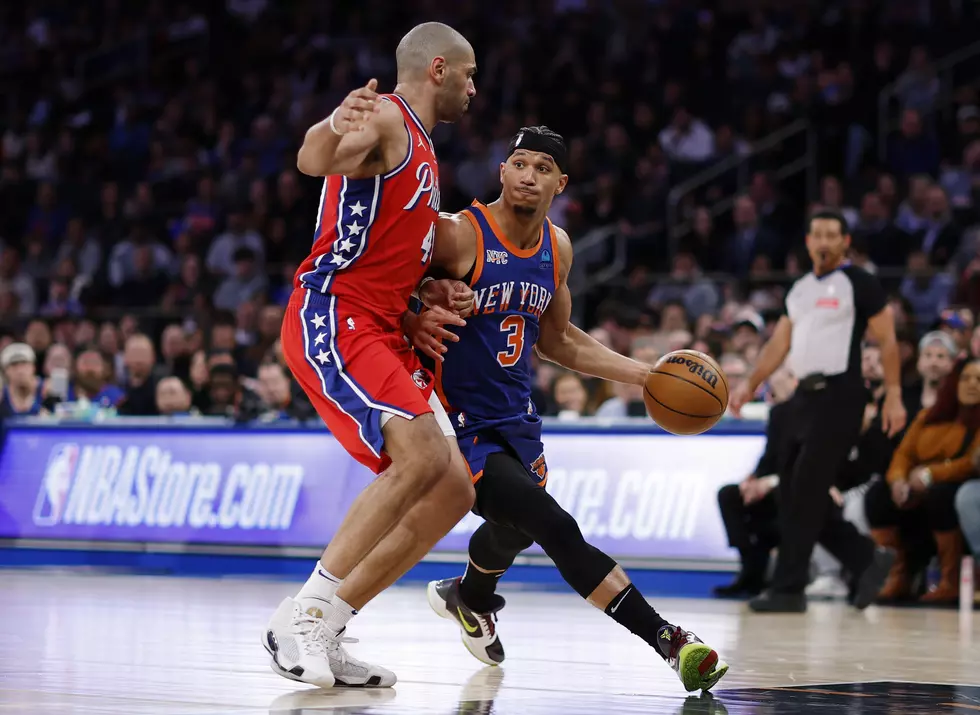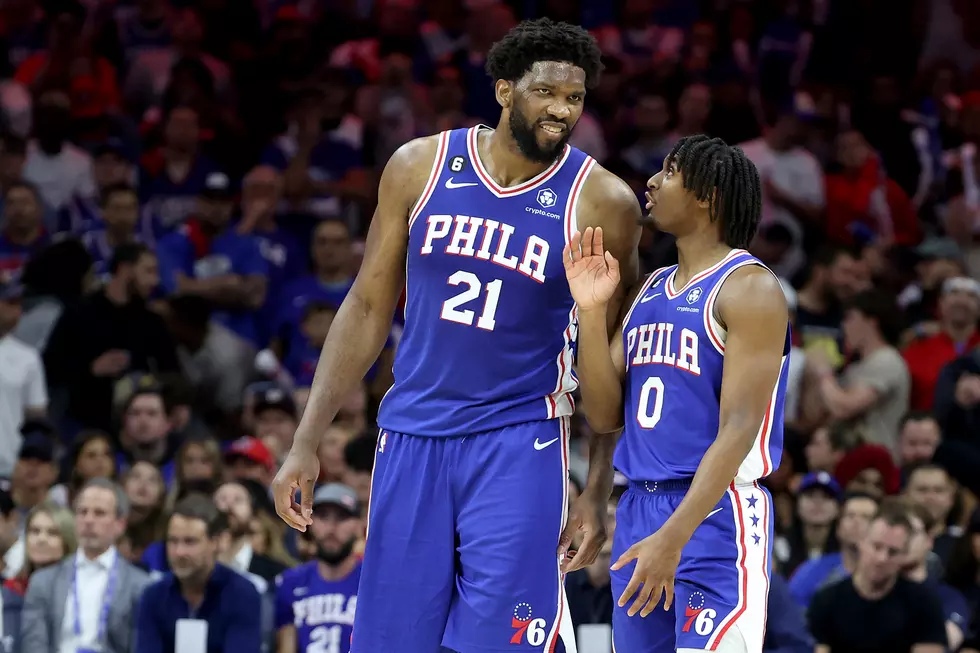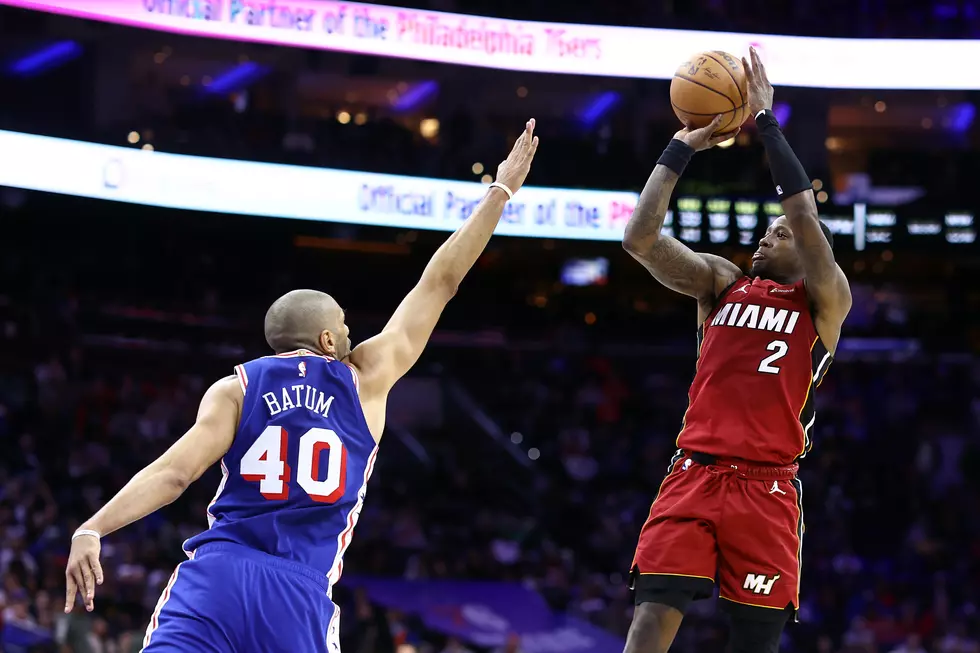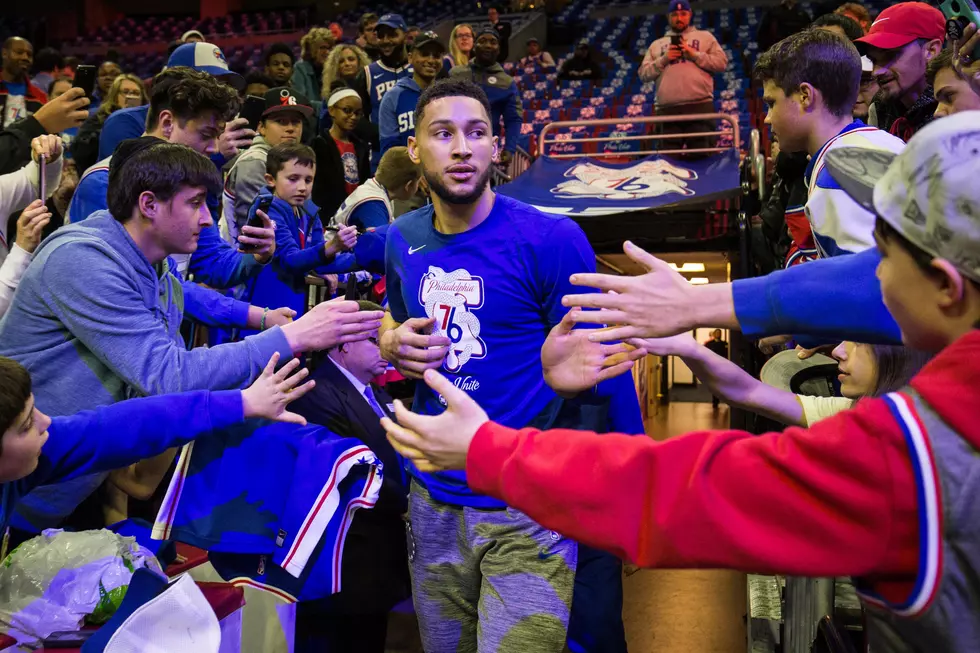
Ben Simmons made a statement, Sixers showed their potential in Game 2
Ben Simmons made a statement in Game 2
After his poor play in Game 1 and controversial comments afterwards, Ben Simmons bounced back and made a major statement in Game 2. Rather than shying from the moment, Simmons responded to early adversity like a winner.
Simmons finished the game with his second career postseason triple-double (18 points, 12 assists, 10 rebounds), but even more impressive than the raw stats was Simmons’ approach. After a lackluster performance in Game 1, the second-year All-Star was on attack from opening tip in Game 2, creating both his own offense and opportunities for others, while also playing some stellar defense on Brooklyn’s own All-Star, D’Angelo Russell.
"I got a lot of love for this city," Simmons said after the game. "The fans here know that every time I step on the floor, I try to play as hard as I can, and I was just showing that. The hustle I give every game is not only for my teammates, not only for my family, it's for this city."
When Simmons plays like that, the Sixers are infinitely more difficult to deal with, and it makes his own major weakness – his inability to space the floor with his shot – more manageable. The game could prove to be a defining one for Simmons, who showed some serious mental fortitude in quickly turning around the narrative regarding his postseason play.
The entire Simmons situation regarding the fans booing him in Game 1 - and his reaction to it - was overblown anyway. There was a young, second-year player that was in his own head in the first game of the playoffs after an underwhelming performance in his first postseason last year, who was getting booed by his own home fans for missing free throws, and felt a bit betrayed by it. In the heat of the moment after the game (a loss nonetheless), he made a frustrated comment to media members regarding the boos.
No, his comments weren’t ideal, but he quickly clarified them the next day with effuse praise for the city of Philadelphia and the fan base. And yes, Jimmy Butler handled the initial questions about the boos better, but it’s not super shocking that a veteran player with ample postseason experience has a better handle on dealing with the media after a disappointing loss than a second year player.
Young players go through growing pains – both on and off of the court – and fans in Philadelphia are watching Simmons go through some first-hand. But, you can learn a lot about someone based on how they respond to adversity, and Simmons passed his most recent test with flying colors.
Sixers showed their potential in the third quarter
After an all-around underwhelming performance in Game 1, the Sixers showed their true potential in the third quarter of Game 2 on Monday night. The Sixers exploded for an NBA playoff record 51 points in the period to effectively end the game, and provide the rest of the league with a glimpse of just how good they can be when they’re clicking on both ends of the floor. The Sixers were moving the ball and knocking down shots on one end (basically the exact opposite of what they did in Game 1), while playing lockdown perimeter defense on the other end (again, the opposite of their performance in the first game of the series).
As bad as the Sixers looked at times in Game 1, that’s how good they looked in the second half of Game 2, and given the fact that their starting five has still played just a dozen games together as a unit, it could be a sign of things to come if they are able to harness that chemistry moving forward.
Brett Brown, the adjuster
Brett Brown made a couple of subtle, but key adjustments that helped propel the Sixers to victory in Game 2. The most obvious move was the switching up of the rotation. Brown removed Jonathan Simmons and T.J. McConnell from the rotation entirely (until garbage time), which proved beneficial. James Ennis’ availability helped, as he was out in Game 1. Brown relied on Ennis, Mike Scott, and Boban off of the bench; a rotation that is decent defensively and maximizes floor spacing opportunities. Brown should stick with a close iteration of this rotation moving forward.
Giving the ball to Jimmy Butler to serve as a secondary point guard when Simmons was off the floor – instead of McConnell – was another solid move by Brown. Butler didn’t score nearly as much as he did in Game 1, but he got others involved as he finished the game with 7 assists.
Brown also apparently gave one hell of a halftime speech.
Follow Michael Kaskey-Blomain on Twitter @therealmikekb.
More From 97.3 ESPN

